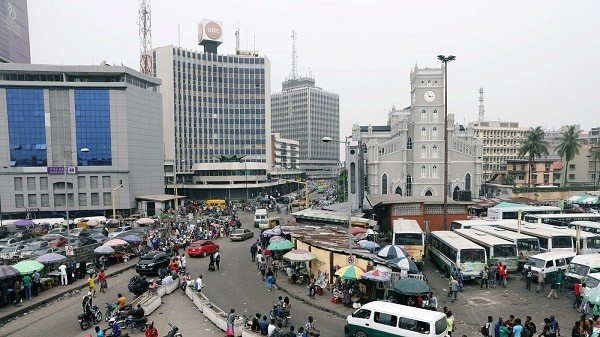Nigeria’s economy continues to show promising signs of recovery as the Gross Domestic Product (GDP) grew by 3.19% year-on-year in real terms during the second quarter of 2024, according to the latest report from the National Bureau of Statistics (NBS).
The growth is an improvement over the 2.51% recorded in the same quarter of 2023, surpassing the 2.98% growth achieved in the first quarter of 2024.
Services Sector
The services sector was the primary driver of this economic expansion, posting a growth rate of 3.79% and contributing a substantial 58.76% to the total GDP. The sector’s performance, driven by factors such as increased activity in telecommunications, trade, and finance, underscores its increasing relevance in the Nigerian economy.

Agriculture Sector
The agriculture sector, another vital component of Nigeria’s economy, also recorded a 1.41% increase from the previous year despite expectations to the contrary due to insecurity. However, this improvement reflects ongoing efforts by the government to boost agricultural productivity and ensure food security.
Manufacturing Sector
Meanwhile, the industry sector, which had struggled in the previous year, showed a remarkable turnaround with a growth rate of 3.53%, starkly contrasting to the -1.94% contraction recorded in the second quarter of 2023. The resurgence in industrial activity is primarily attributed to increased manufacturing output and a rebound in the construction sector.
In nominal terms, Nigeria’s aggregate GDP at basic prices stood at N60,930,000.58 million in the second quarter of 2024, representing a 16.94% year-on-year growth compared to N52,103,927.13 million in the same quarter of the previous year. This nominal growth shows positive momentum in the economy, despite persistent inflation and exchange rate volatility.
Improved Oil Output
A key highlight of the quarter was the increase in crude oil production, which rose to 1.41 million barrels per day, compared to 1.22 million barrels per day in the same period a year earlier. The increase in oil output provided a much-needed boost to the industry sector and supported overall economic growth.

The positive GDP figures come as the government intensifies other efforts to diversify the economy and reduce reliance on oil. Initiatives to strengthen non-oil sectors, enhance infrastructure, and improve the business environment have contributed to the country’s economic resilience.
Stay On Reforms
Only yesterday, Nigeria’s President Bola Tinubu asked Nigerians for more patience and promised that government “policies and actions… will soon bring relief.”
However, challenges remain, including inflationary pressures, fluctuating global oil prices, and the need for sustained investment in critical sectors like energy and infrastructure. Economic experts have called for continued reforms to address these challenges and maintain the growth momentum.
As Nigeria progresses, the government’s steadfast commitment to implementing key economic policies, supporting private sector participation, and improving overall good governance for political and industrial stability will be crucial in sustaining the positive trajectory and ensuring inclusive growth that benefits all Nigerians.
Comment, Like 👍, share this article, and Follow us on our social media handles.







